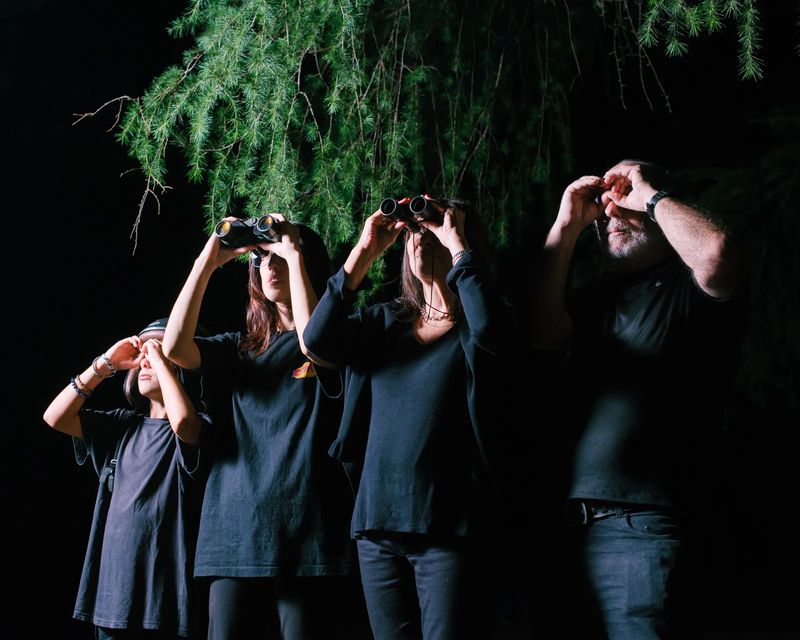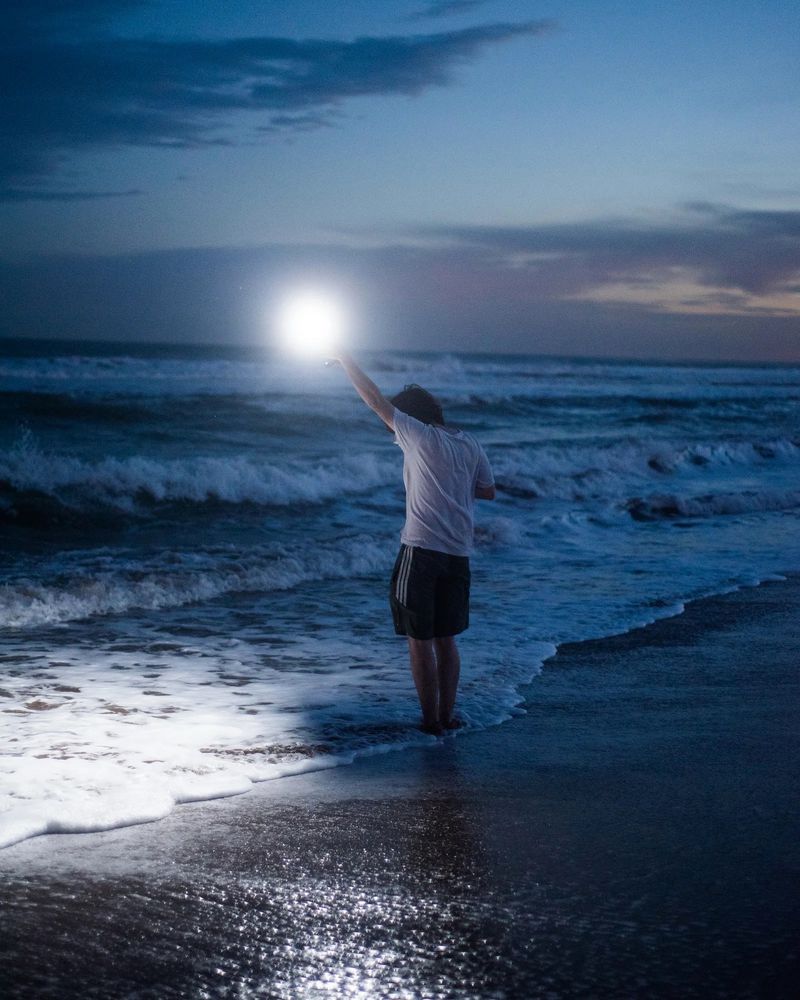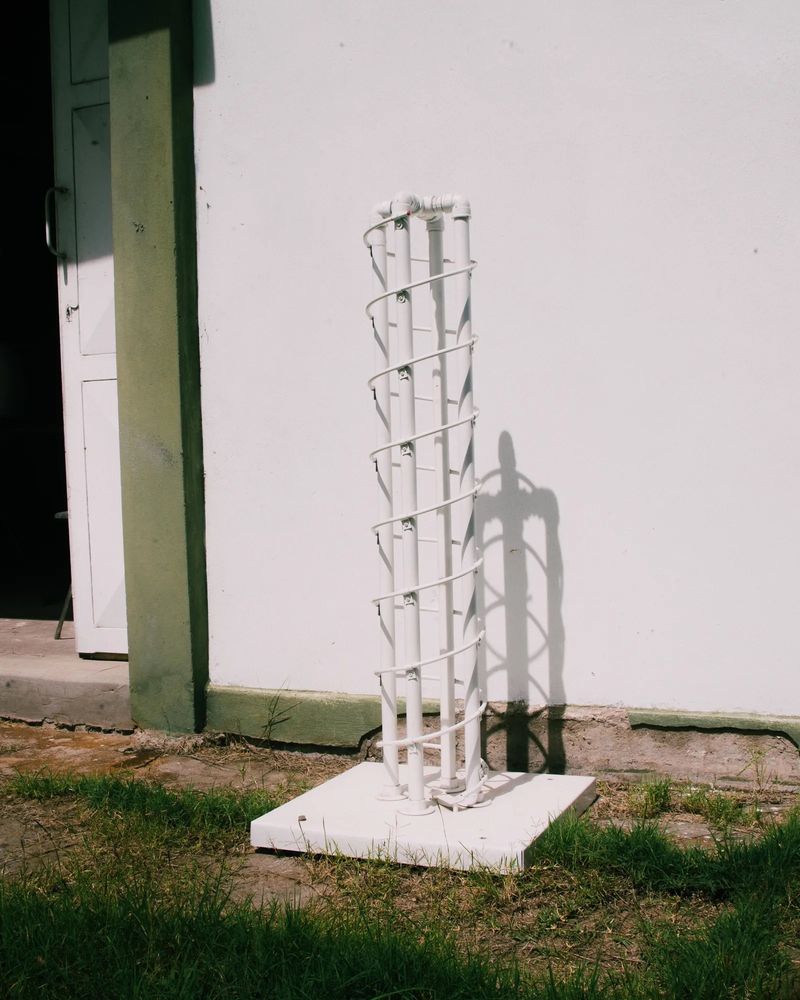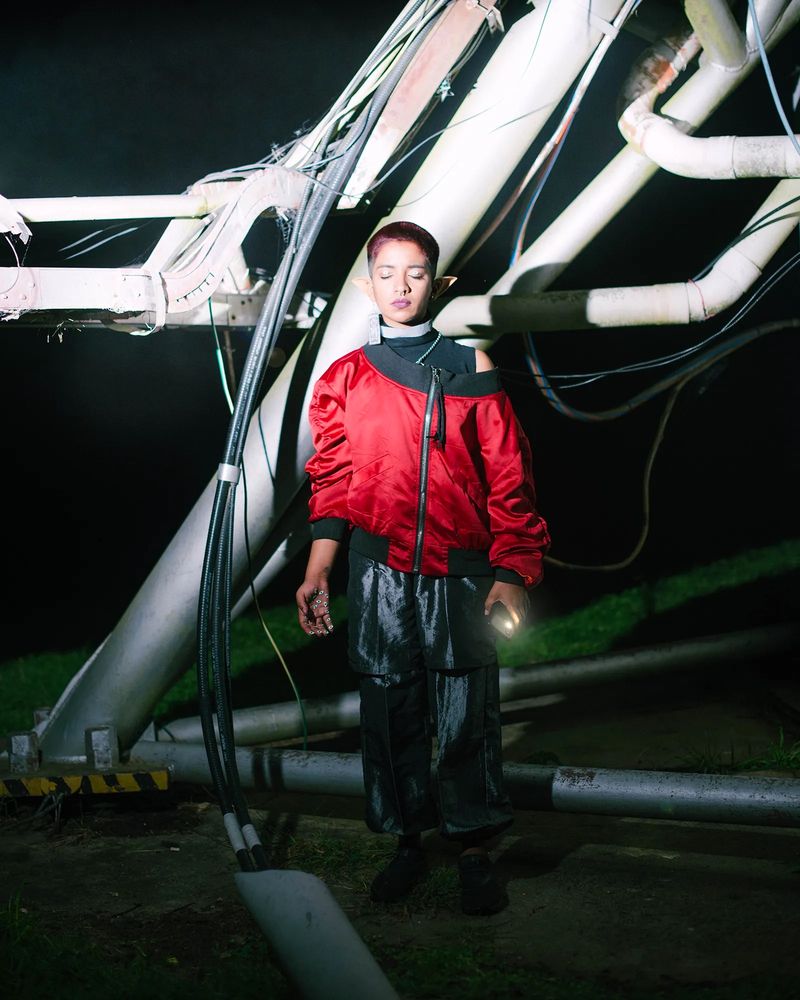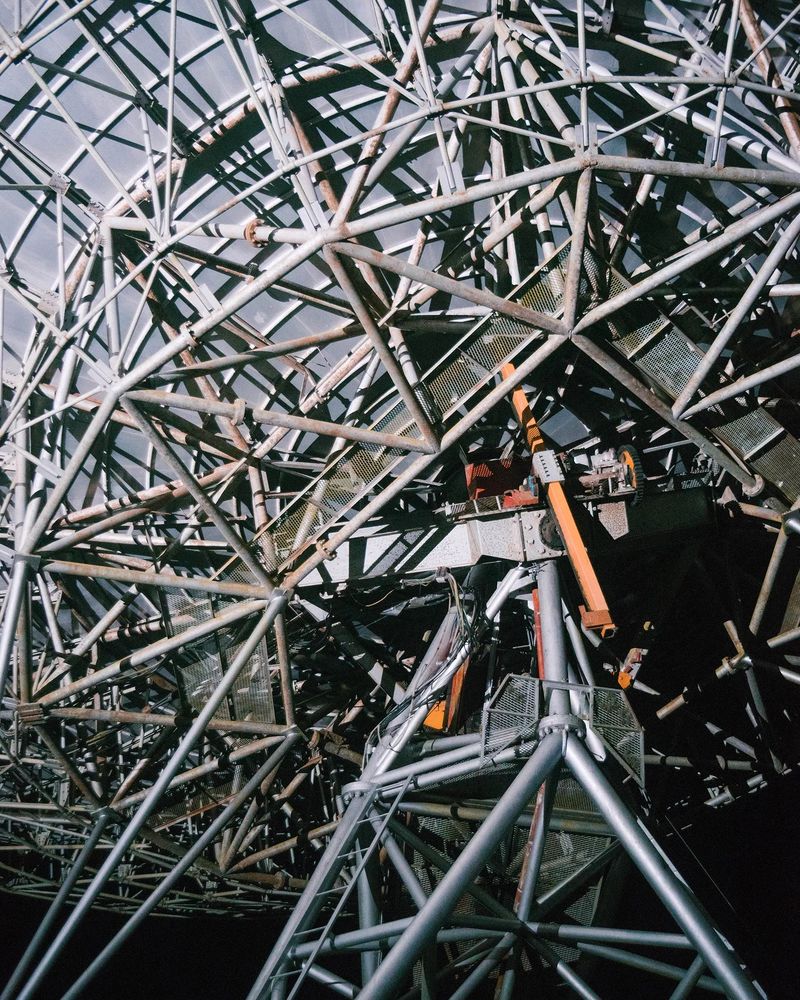Luciana Demichelis Investigates What Outer Space Means to Us
-
Published22 Dec 2022
-
Author
- Topics Documentary
In her work, Órbita Wireless, Luciana Demichelis explores satellite technology, whereas advancement in astronomy exploration becomes a symbol of a broader cultural and societal course.
What does it mean to aim for the stars? What is the relevance of outer space to the terrestrial progress of the humans who make it possible? Through a process of inquiry and interviews, with political and cultural nuances that include gender and society, Argentinian photographer Luciana Demichelis investigates these aspects (and more) in Órbita Wireless, a project depicting satellites that ultimately go beyond space research and technology.
Despite technological and financial constraints, Argentina takes great pride in contributing to the production of satellite parts and delivering them into space. Many people from universities and research institutes are involved in this enterprise. “It's a very particular way of thinking about the sky, thinking about how we can create a satellite to send into space in the future. It's a very imaginative way to think about space,” Demichelis says.
Her interest grew from a passing curiosity to a real fascination and studio practice. Collaborating with her partner, she created a website to track meteorological satellites as they orbit Earth, receiving blurry images from the circling outposts. But how to transfer that into photography?
A red-and-yellow toy canon set the stage. “I used these elements to recreate the representation,” Demichelis says.Órbita Wireless is rife with elements that serve to build representations, analogies, and to broaden the meaning, delivering ironic observations. In one image, four scientists, dressed in black, peer at the sky. Two use advanced binoculars, but two go without them, pretending to have binoculars in their hands. Demichelis explains that satellites are a type of "privilege" from WWII; some countries achieved better access to such technology, furthering their research and exploration of space. “I wanted to create a metaphor for that. Some people could see the sky in a more ‘clear way,’ while others could only see it in a way that was more difficult,” Demichelis says. “But in this metaphor, they all see the same sky.” Geographical and political elements soon converged.
Demichelis embraces political views on Peronism, which she ties in part and metaphorically with the meaning of satellites in her artwork. “As Peronists here in Argentina, we think about how we can dream of a better future.” Sharing political and cultural perspectives of a better life within reach—brought about by a series of changes such as accessible education, public health assistance, and better working conditions—can “create joy for the people,” Demichelis explains. Similarly and allegorically, “the satellites are also a dream for us,” she adds. “The possibility of a dream is something very popular here. All of those things are created by people who dream that [things like these] could happen.”
This is illustrated by the image of a room full of small items resembling carbon-foam pyramids. Researchers at the Argentine Institute of Radio Astronomy, who lacked the necessary equipment to test satellites in space, took the initiative to build a room for that purpose, free of external noise and cell phone signals. The scarcity of resources compelled them to create something for their work—the incomparable contribution of single individuals, each with their own drive and vision, creating something new in order to achieve their dreams.
Órbita Wireless also has more ironic moments. The image of a white satellite on the grass is a reference to a discussion she once had about the possibility of satellites falling from the sky. What if, among the many gadgets sent into space, one were to fall back to Earth? She began fantasizing about such an accident.
It is Demichelis' cheerful, curious, and inquisitive manner that enables her to pose larger questions about where her country is heading, what animates the political and cultural discussion, and so on.
In another image, a quirky creature with pointy ears and closed eyes defies gender classification, a nod to Demichelis' recent identification as a non-binary. Demichelis describes how including this image in the project "opened a window," offering a new layer of significance. Each of these elements is aptly exemplified by Demichelis' choice of imagery for examining our awareness and subconsciousness on an individual and societal level: outer space.
“It's a very popular place. It represents a lot of things. We have to take care of it.”
--------------
All photos © Luciana Demichelis, from the series Orbita Wireless
--------------
Luciana Demichelis is a photographer who lives and works in La Plata, Argentina. In her projects, she investigates representation and fiction, as a tool to think critically about the role that media play in the construction of reality. Find Demichelis' work on Instagram and PhMuseum.
Lucia De Stefani is a writer and editor focusing on photography, illustration, and everything teens. She lives between New York and Italy.
--------------
This article is part of the series New Generation, a monthly column written by Lucia De Stefani, focusing on the most interesting emerging talents in our community.





